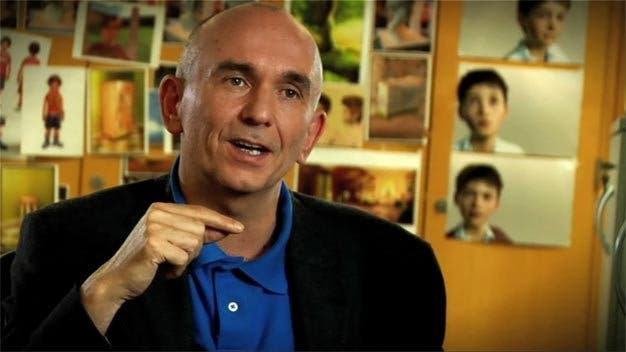The Ivory Tower
While game developers worry about next week's deadline, are academics building gaming's long-term future?
Any discussion about the crossover between academia and the videogames business is unlikely to be a happy one. For decades publishers thrived by creating the greatest procrastination aids in human history - games which could, for a mere investment of a few tenners, ensure a precipitous drop in your exam marks and an ever-lengthening tardiness on your essay deadlines. The ubiquitous console found in every student flat across the land is the arch-enemy of the faculty, the siren call of World of Warcraft or Modern Warfare 2 the solemn death-toll of hopes for a 2:1.
More recently the boot has been on the other foot, as the games industry has found plenty of cause to moan about academia. Nearly 100 university courses have been launched in fields such as "game design" or "game technology" over the past decade. Of these about a dozen are actually worthwhile, with the remainder turning out graduates who simply aren't fit to work in the games business.
Faced with immense difficulty in recruiting appropriate staff (not to mention the obvious human tragedy of people working for three or four years on a degree only to discover that they're unemployable at the end), the industry's pronouncements on these courses has become increasingly hardline.
Yet there's more to the relationship between games and academia than fuelling procrastination and providing underwhelming specialist courses. The games business, after all, is one of the largest and most high-profile employers of graduates from respected courses such as physics and computer science, to say nothing of the huge numbers of graduates in creative fields such as art and audio, or from business courses, who end up working in the field.
That's one of the catalysts for things like the GaME (Games and Media Event, a rather fine backronym) events, annual one-day conferences hosted by Imperial College London with a selection of speakers drawn from across both industry and academia.

Glancing down the schedule for this year's event reveals industry talks on everything from AI and storytelling through to optimising graphics in mobile games. Between them are sandwiched presentations from academic researchers who have done things as disparate as figuring out how to make a detailed 3D model of an area simply by looking at a video of a webcam moving through it, building a version of Pac-Man which dynamically adapts to the player's style and personality to make the experience more fun, or applying the principles of videogame progression to create a compelling way of training stroke patients to use their limbs again.
Eyeing the crowd as I collect my badge, I note that the majority of those at the conference are Imperial College students, but there are other interesting groups here too. There are researchers and faculty members, for instance. Peppered among them are recruitment officers from various game developers and publishers, keen to talk to any Imperial student who's been willing to give up a sunny summer day to listen to talks on AI techniques and dynamic difficulty.

